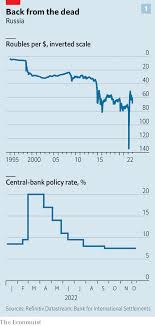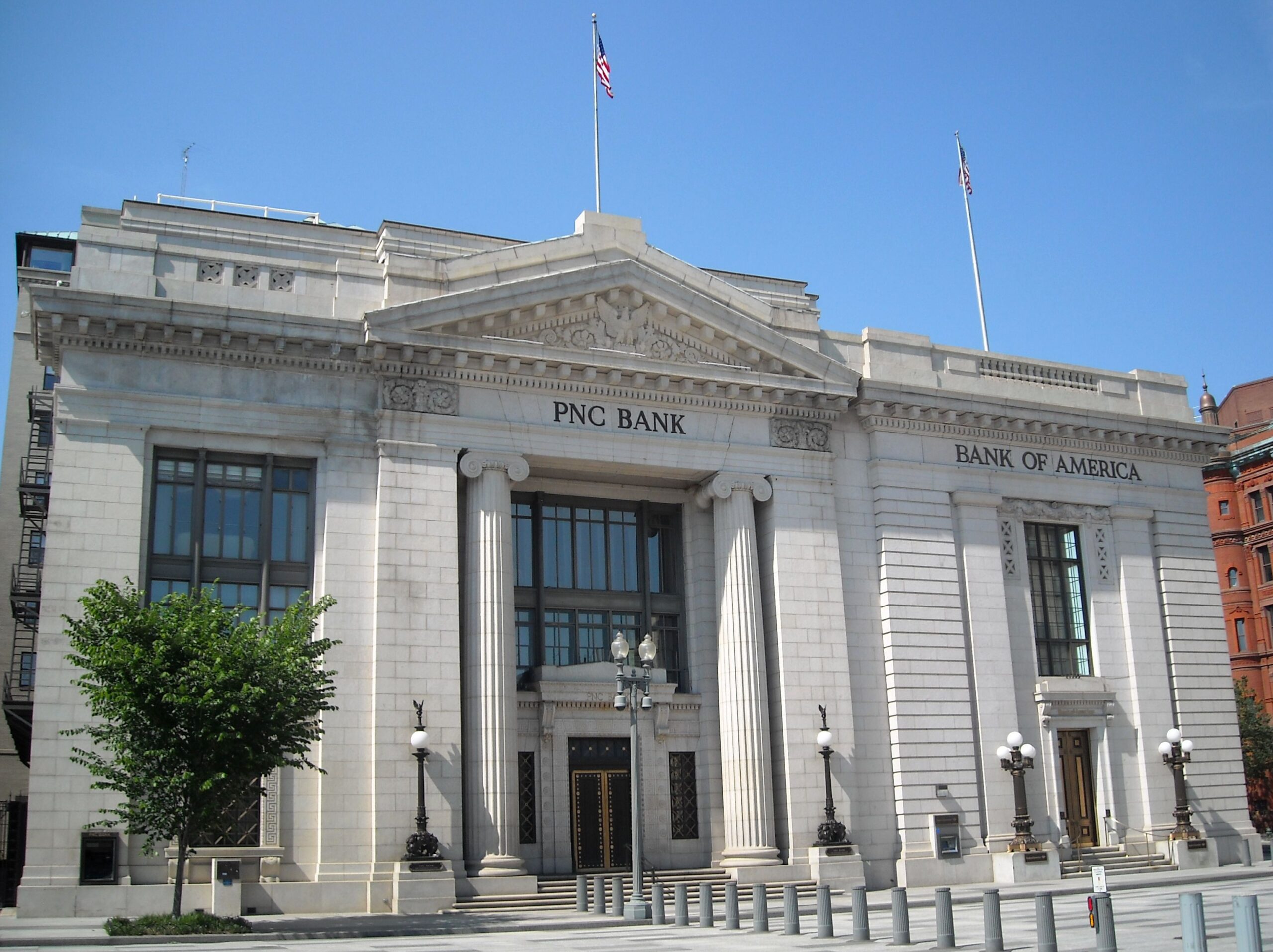
Introduction
The Russian economy has been a focal point of global attention since the imposition of economic sanctions following its invasion of Ukraine in February 2022. The importance of understanding the current dynamics of the Russian economy cannot be overstated, as it has implications for global markets, energy supplies, and international political relations.
Current Economic Landscape
As of 2023, the Russian economy is grappling with multifaceted challenges, including significant inflation, a decline in foreign investment, and limited access to international markets. According to the World Bank, Russia’s GDP contracted by approximately 2.2% in 2022, signalling a recession spurred by geopolitical tensions and sanctions that have hindered trade and investment.
In response to these pressures, the Russian government has implemented a series of measures aimed at stabilising the economy. This includes steering economic activities towards domestic production and promoting import substitution strategies to reduce dependency on foreign goods. The Kremlin has also entertained new partnerships, particularly with non-Western countries like China and India, which have become increasingly important trade partners.
Impact of Sanctions
The sanctions imposed on Russia target key sectors such as finance, energy, and technology. A crucial blow was dealt to the energy sector, where restrictions have led to a decrease in oil exports to Europe, traditionally one of its largest markets. As a result, Russia has sought to redirect oil supply to Asia, albeit at discounted prices. Furthermore, the country has struggled with restricted access to advanced technologies that are essential for energy production and other industries.
Inflation and Consumer Market
Inflation in Russia has surged, exacerbating the cost of living for ordinary citizens. The Central Bank of Russia reports inflation rates hovering around 12%, driven by the weakening rouble and supply chain disruptions. Consumer confidence has waned, reflected in declining retail sales and rising demand for essential goods over luxuries.
Conclusion
The outlook for the Russian economy remains uncertain, with predictions of continued volatility in the near term. Analysts suggest that without a significant easing of sanctions or a substantial recovery in global oil prices, the economy may continue on a downward trajectory. For readers, understanding the complexities of the Russian economy is crucial, as it is not only a barometer for regional stability but also a critical player in global economic health. As the situation evolves, it will be important to monitor both the domestic repercussions within Russia and the broader international ramifications.
You may also like

The Dynamics of Price in the Modern Economy

Current Status of the Bank of England Base Rate
